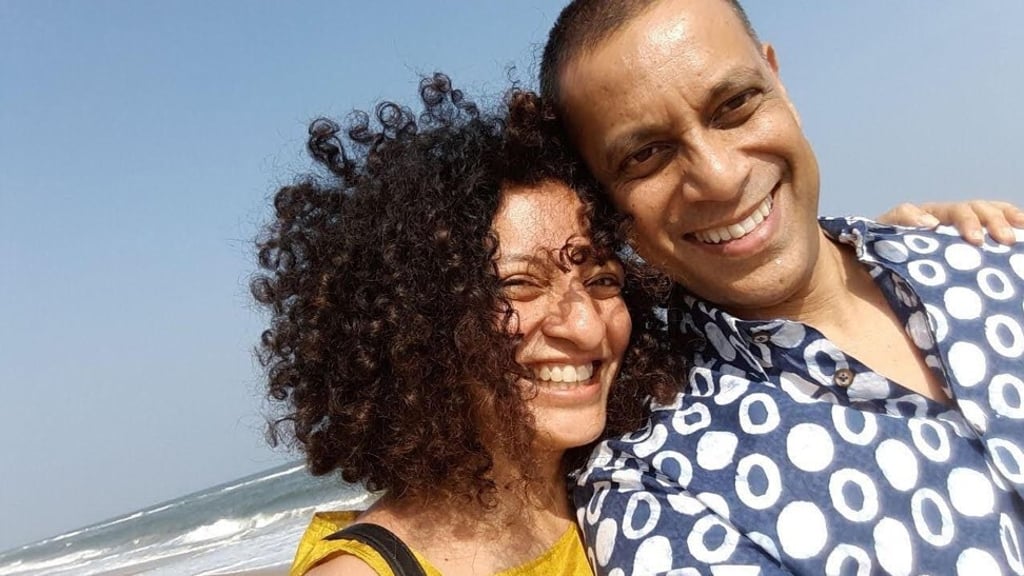India Love Project aims to celebrate diversity, from intercaste unions to LGBT couples
- The India Love Project features stories of couples who have overcome different backgrounds or resistance from Indian society
- The page is a response to polarisation, including Love Jihad, which accuses Muslim men of seeking to marry and convert Hindu women

One Instagram post pays tribute to the marriage in 1973 between Pushpa Karekar and Shahadat Pathan, a Hindu and a Muslim.
“My parents worked together at the RTO [Road Transport Organisation] and couldn’t have been more different,” says the post, written by their daughter Shabana. “She was never on time, he was Mr Punctuality. She was the ever smiling diva, he was a serious John. But love conquers all and they fell in love.”
The post is one of many in the India Love Project. In India, where many marriages are still arranged by families, intercaste and interfaith marriages remain taboo. In many cases, families have attacked or even killed couples for falling in love or trying to marry someone outside their communities.
Last year, an advertisement for Tanishq jewellery showed a baby shower for a Hindu pregnant woman hosted by her Muslim mother-in-law.
